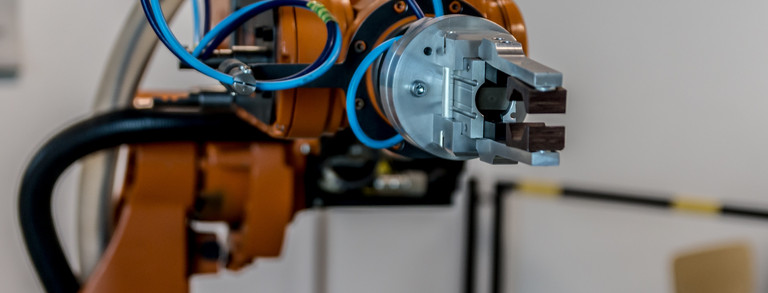Silicon Economy Logistics Ecosystem

The Vision
The Silicon Economy is a project of the Fraunhofer Institute for Material Flow and Logistics IML, supported by the German logistics industry. The aim of the project is to strengthen the logistics industry in Germany and Europe, to create new business potential and to focus more on data security and data sovereignty. The association between science, research and industry will create federal platforms, open infrastructures and intelligent technologies in the early 2020s. As a counterpart to Silicon Valley, the Silicon Economy is intended to advance and promote digitization in the B2B sector of the European economy. The project has lately been funded by the Federal Ministry of Transport and Digital Infrastructure with a total of 25 million euros.
The Project
To implement the Silicon Economy, a decentralized (platform) ecosystem is planned as an alternative to monopoly platforms in logistics. The chair for industrial information management and two other logistics chairs at the TU Dortmund participate in the sub-project “Fundamentals of a Silicon Economy Logistics Ecosystem” (SELE) through basic work in the early development phase.
The object and goal of the project is to create a digital infrastructure (digital ecosystem) that is based on automated flow of goods and enables new, digital business models for logistics. This infrastructure allows data to be handled without losing sovereignty over the data. It is the digital infrastructure and environment for the highly distributed AI algorithms along value creation networks. An essential part of the chair's work is the development of logistical standard functions, which are to be further developed into comprehensive standard functions. This goal-oriented description of the functions is a prerequisite for establishing the knowledge of logistics research in industrial services and evaluating them in monetary terms.
the use of the digital twin offers the possibility of a standardized framework for the visualization of logistic networks. The reference model of a digital twin to be developed will be incorporated into the overall model as a partial aspect of a superordinate reference model for the silicon economy of logistics.

